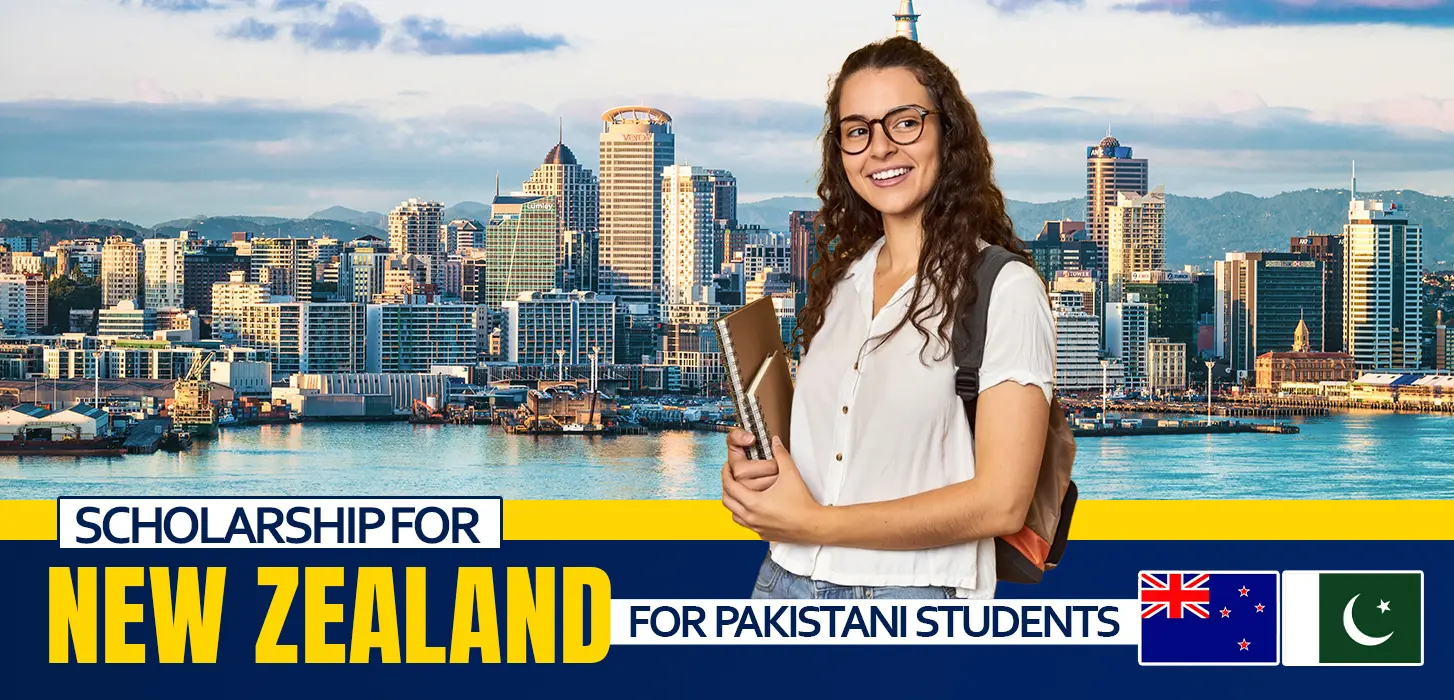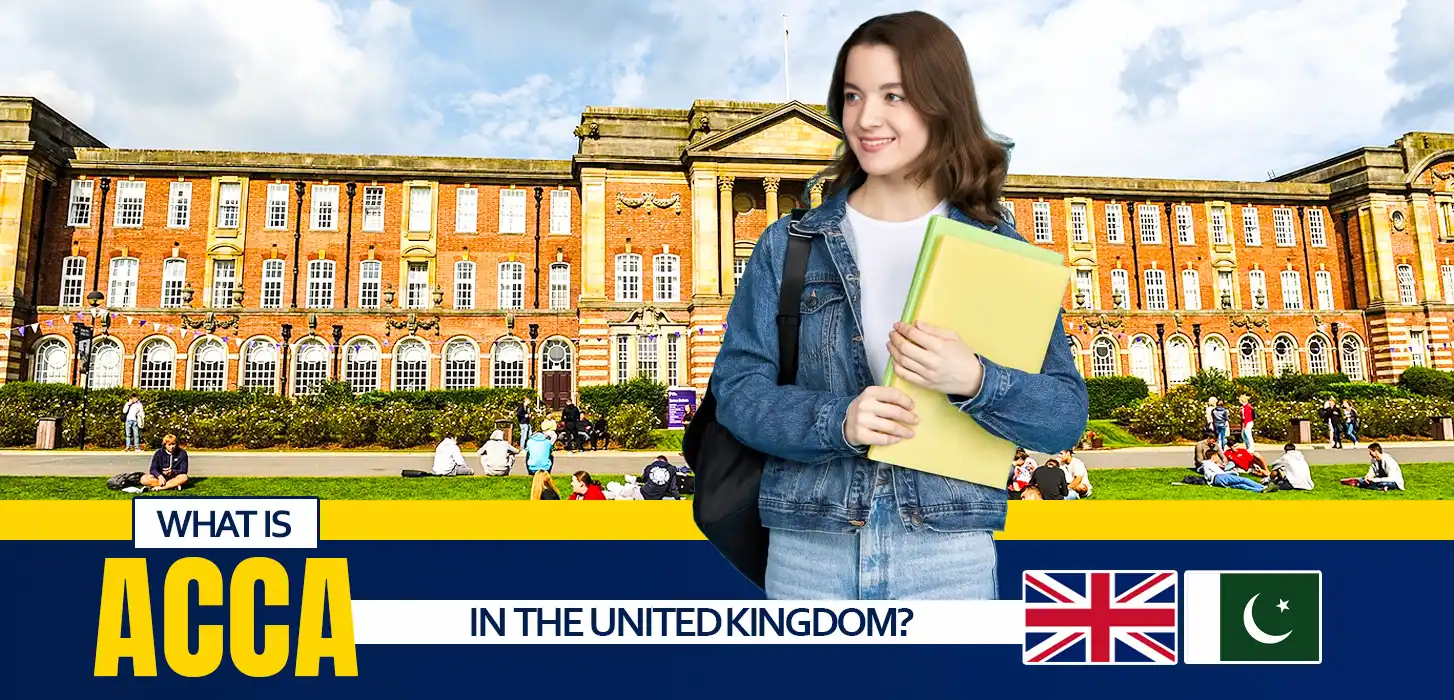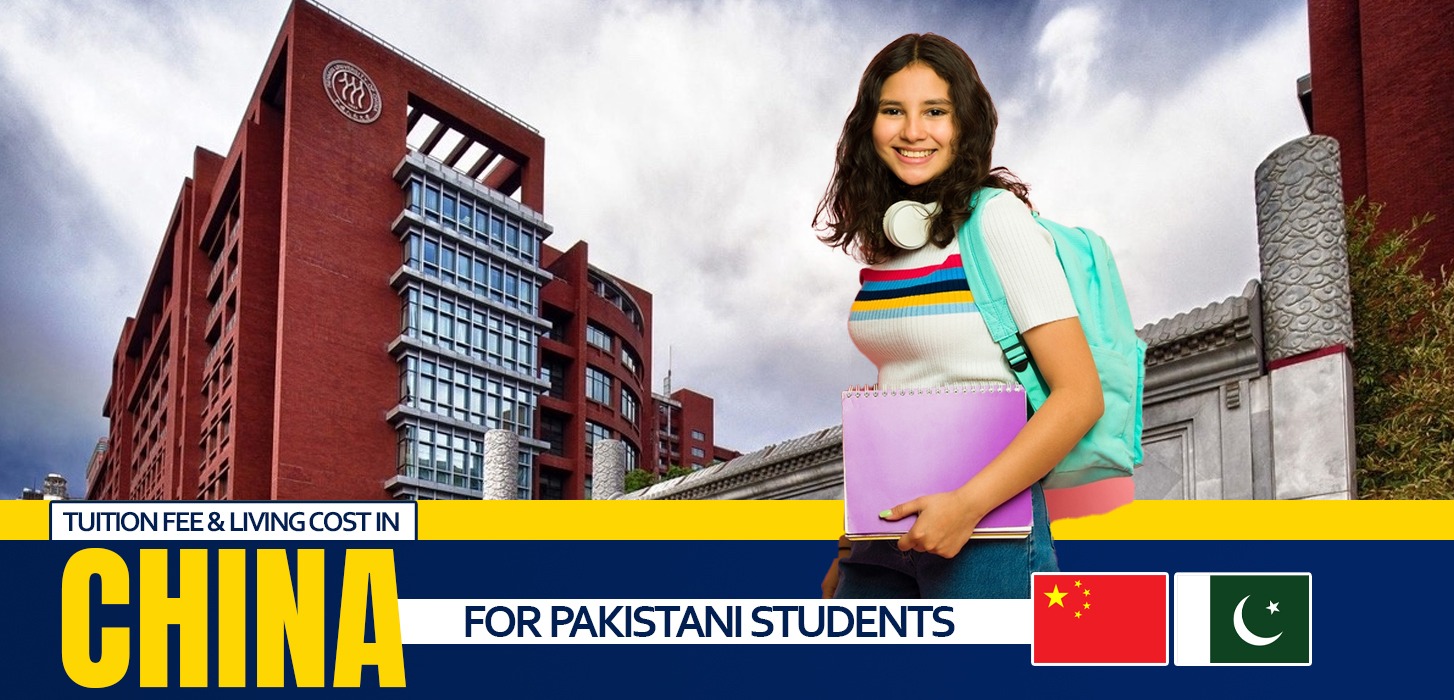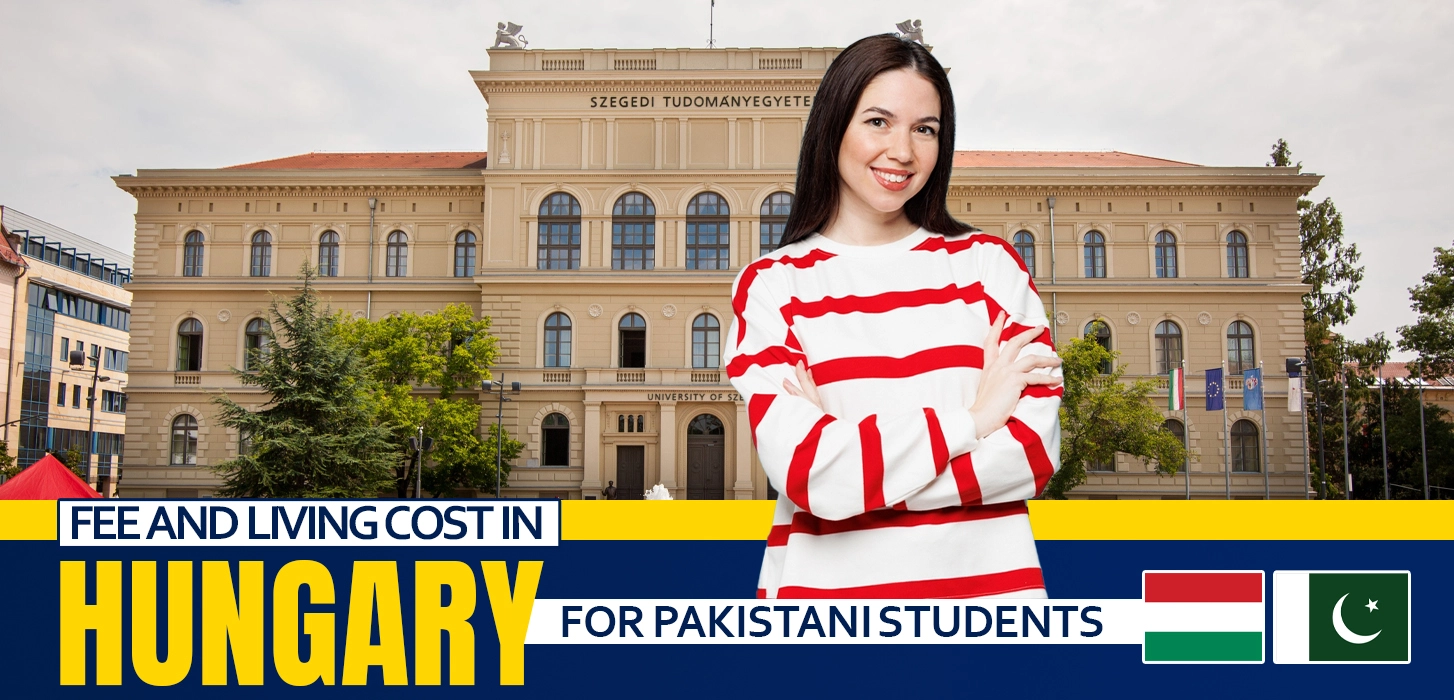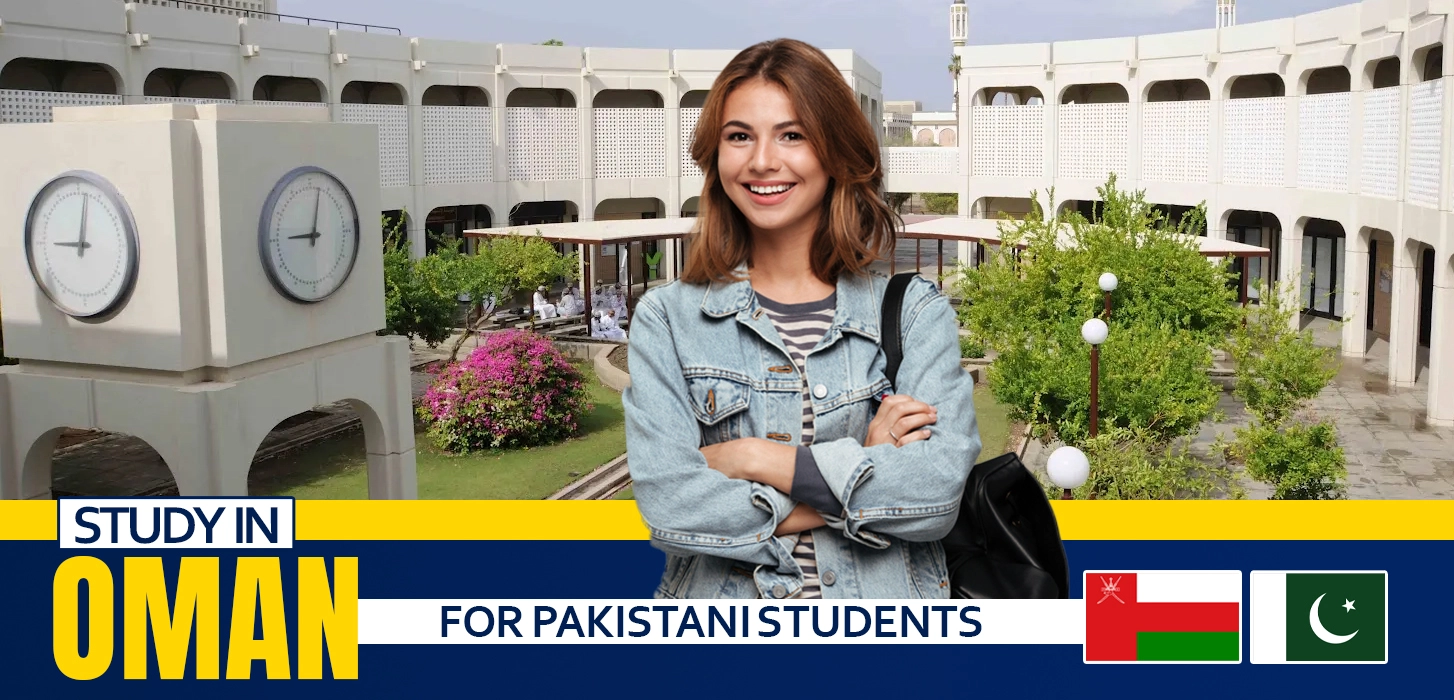
Study MBBS in Georgia 2025-26 | Tuition Fee | Visa Guide
Georgia, with its burgeoning reputation as a hub for quality medical education, has become a sought-after destination for aspiring medical students worldwide. However, securing admission to an MBBS program in Georgian universities necessitates a comprehensive understanding of the admission criteria and the intricate application process. This guide provides a detailed overview, breaking down the crucial aspects prospective students need to know.
| Location | Crossroads of Europe and Asia. |
| Currency | Georgian Lari (GEL). |
| Language | English, some programs require Georgian proficiency. |
| Work Allowed | Part-time jobs available. |
| Global Recognition | Internationally recognized degrees. |
| Tuition Fees | Affordable, $2,000 – $5,000 per year. |
| Accommodation | Costs vary, $150 – $400/month. |
| Living Expenses | Moderate, $300 – $600/month. |
| Intakes | Mainly September, some in January. |
| Visa Processing | Typically 1-2 months. |
| Application Fee | Varies, usually $50 – $150. |

Tbilisi State Medical University: Tbilisi State Medical University is one of the oldest and most prestigious medical universities in Georgia. Known for its high academic standards and research initiatives, the university offers a comprehensive MBBS program. It boasts a diverse student body and a faculty of experienced professionals.
David Tvildiani Medical University: This university is renowned for its modern approach to medical education. It emphasizes practical skills alongside theoretical knowledge, providing students with a well-rounded education. The university is equipped with state-of-the-art facilities and collaborates with various healthcare institutions for clinical training.
European University: European University offers a dynamic MBBS program with a focus on innovation and global perspectives. Students benefit from a supportive learning environment and engage in research activities. The university emphasizes international exposure, preparing graduates to excel in a global healthcare context.
New Vision University: New Vision University is known for its student-centered approach to medical education. With a commitment to research and community engagement, the university offers a rigorous MBBS curriculum. Students have opportunities for hands-on experience and clinical rotations, enhancing their practical skills.
Batumi Shota Rustaveli State University: Situated in the scenic city of Batumi, this university provides a conducive learning environment for medical students. The university’s MBBS program focuses on a holistic understanding of medicine, emphasizing both the scientific and compassionate aspects of healthcare.
Akaki Tsereteli State University: With a rich history and a strong emphasis on academic excellence, Akaki Tsereteli State University offers a comprehensive medical education program. The university’s faculty is dedicated to nurturing the next generation of healthcare professionals, emphasizing ethics and patient care.
Ivane Javakhishvili Tbilisi State University: As one of the oldest universities in Georgia, Tbilisi State University offers a reputable MBBS program. Students benefit from a diverse and stimulating academic environment, supported by experienced faculty members. The university’s medical curriculum is designed to meet international standards, preparing graduates for a successful medical career.
Caucasus International University: Known for its innovative teaching methods and research initiatives, Caucasus International University provides a modern medical education experience. The university emphasizes interdisciplinary learning and encourages students to participate in research projects, fostering a spirit of inquiry and discovery.
Georgian American University: Georgian American University offers a rigorous MBBS program with a focus on practical skills and clinical exposure. The university’s faculty members are dedicated to providing high-quality education, and students have access to modern facilities and resources to support their learning journey.
High Medical School “Ayeti”: High Medical School “Ayeti” is committed to providing affordable and quality medical education. The school offers a comprehensive MBBS program that covers essential medical topics. Students benefit from a supportive learning environment and practical training opportunities, preparing them for careers in healthcare.
| University Name | Average Tuition Fee Range (per year) |
|---|---|
| Tbilisi State Medical University | $6,500 – $8,000 |
| David Tvildiani Medical University | $7,800 – $8,000 |
| European University | $7,000 – $8,200 |
| New Vision University | $6,500 – $7,200 |
| Batumi Shota Rustaveli State University | $6,200 – $6,800 |
| Akaki Tsereteli State University | $6,300 – $7,000 |
| Ivane Javakhishvili Tbilisi State University | $6,800 – $7,500 |
| Caucasus International University | $6,500 – $7,200 |
| Georgian American University | $6,000 – $6,800 |
| High Medical School “Ayeti” | $6,200 – $7,000 |
Eligibility Requirements
Before delving into the application process, candidates must fulfill certain eligibility criteria. Generally, students are required to have completed their secondary education with a focus on science subjects, particularly Biology, Chemistry, and Physics. Additionally, a minimum proficiency in the English language, demonstrated through standardized tests like IELTS or TOEFL, is often a prerequisite.
Entrance Exams
Many Georgian medical universities mandate entrance exams as part of their selection process. These exams typically assess the applicant’s knowledge in subjects such as Biology, Chemistry, and Physics. Excelling in these exams significantly enhances the chances of securing admission, underscoring the importance of thorough preparation.
Application Procedure
The application process for MBBS programs in Georgia involves submitting an online application form alongside essential documents. These documents typically include academic transcripts, certificates, a valid passport, and proof of language proficiency. Careful attention to the specific document requirements of the chosen university and adhering to application deadlines are paramount for a successful application.
Degree Recognition
Prior to selecting a university, it is imperative for students to verify the recognition of the degree offered. Opting for universities recognized by international medical bodies like the World Health Organization (WHO) and national bodies such as the Medical Council of India (MCI) ensures the degree’s global validity, facilitating seamless licensure and practice opportunities in various countries.
Tuition Fees and Scholarships
Georgia stands out for its affordable tuition fees in comparison to Western countries. However, fees can vary across universities. Moreover, exploring scholarship opportunities based on academic merit or other criteria can significantly alleviate the financial burden. Thorough research into fee structures and scholarship options is essential to make informed decisions.
Visa Requirements and Student Residence Permit
Upon securing admission, students must obtain a student visa to study in Georgia. The application process involves submitting necessary documents, including the university’s admission letter, proof of financial means, and a valid passport. Following the issuance of the visa, students are required to apply for a student residence permit upon arrival. Adherence to visa and residence permit regulations is crucial to ensure legal compliance throughout the duration of the studies.
Accommodation and Living Expenses
Georgia offers a range of accommodation options, from university dormitories to private apartments. Prospective students should explore these options based on their budget and preferences. Additionally, meticulous budgeting for living expenses, encompassing food, transportation, and personal needs, is vital for a financially stable and comfortable stay throughout the academic journey.

Admission Process:
Securing admission to a Georgian medical university is the first step. Ensure you fulfill all academic requirements and submit necessary documents, including transcripts, recommendation letters, and a personal statement. Some universities might conduct interviews as part of the selection process.
Acceptance Letter and Confirmation of Enrollment:
Once accepted, you’ll receive an official acceptance letter from the university. This letter confirms your enrollment and is a crucial document for your visa application.
Student Visa Application Requirements:
Prepare a comprehensive set of documents including a valid passport, completed visa application form, proof of acceptance from the university, financial proof demonstrating your ability to cover tuition and living expenses, travel insurance, and a medical certificate. Requirements might vary slightly based on the embassy or consulate.
Language Proficiency and Preparatory Courses:
Ensure you meet the university’s language proficiency requirements. Some universities offer preparatory courses for international students who need to enhance their language skills before starting the main program.
Visa Application Submission:
Submit your visa application and documents to the nearest Georgian embassy or consulate. Be mindful of the submission deadlines and provide accurate information.
Visa Interview (if required):
Prepare for a visa interview if the embassy or consulate requires one. Be ready to answer questions about your intended stay, your university choice, and your plans after completing your studies.
Financial Planning and Scholarships:
Research scholarship opportunities. Additionally, plan your finances carefully to cover tuition, accommodation, food, transportation, and other personal expenses during your stay in Georgia.
Health Insurance and Medical Check-up:
Acquire comprehensive health insurance coverage that is accepted in Georgia. Some universities might require a medical check-up upon arrival.
Arrival and Orientation:
Upon arrival in Georgia, attend the university’s orientation program. Familiarize yourself with the campus, local culture, and necessary facilities. Register with local authorities as per the regulations.
Student Support Services:
Familiarize yourself with the student support services offered by the university. These services might include academic advising, counseling, and assistance with accommodation.
Stay Updated with Regulations:
Stay informed about any changes in Georgian immigration regulations. Regularly check the official website of the Ministry of Foreign Affairs of Georgia for the most recent updates.
Yes, international students in Georgia are allowed to work part-time during their studies. However, it’s advisable to check the specific regulations of your university and the Georgian government regarding part-time work for students.
Yes, medical degrees obtained from recognized universities in Georgia are internationally recognized, allowing graduates to practice medicine globally.
Some Georgian universities offer scholarships to international students based on merit. Check the university’s official website or contact their admissions office for information about scholarships and eligibility criteria.
Many universities in Georgia, especially for medical programs, offer courses in English, making it accessible for international students.
Georgia is generally considered a safe country for international students. However, like in any other country, it’s essential to follow safety guidelines and be aware of your surroundings.

Latest Post
Lithuania has become an attractive destination for Pakistani students seeking...
Many Pakistani students dream of studying abroad but are often...
According to the Ministry of Education and Research report, In...
Pursuing higher education in New Zealand is a top destination...
The UK has always been a student-preferred destination for gaining...
Understanding the tuition fee & living cost in China is...
Hungary is an increasingly popular choice for Pakistani students pursuing...
Studying in Oman is an excellent opportunity for Pakistani students...




